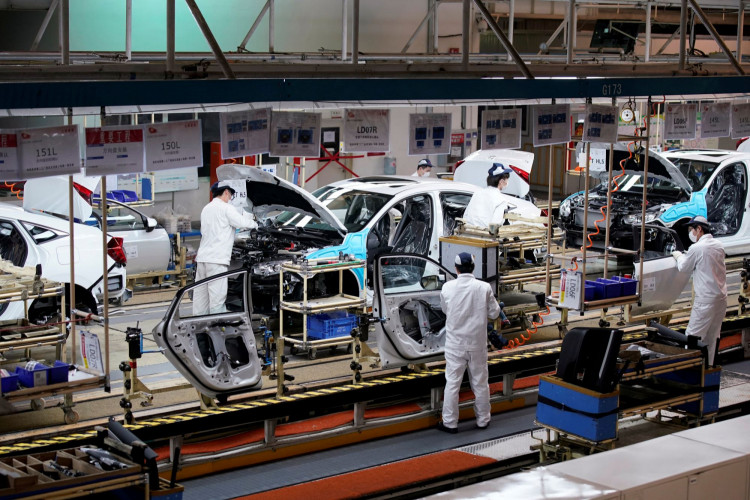The Chinese automotive sector experienced a decline in sales last April. Fewer losses were incurred, indicating that the most significant global market for automotive is slowing recovering from the adverse effects of the pandemic to China.
Sales of SUVs in China, including minivans and sedans, declined by 2.5 percent compared to 2019 values. About 1.5 million units were sold in April, but the result was 48 percent better than March's contraction.
The China Association of Automobile Manufacturers reported that the auto market in the country is showing signs of economic recovery. CAAM said that SUV sales showed a slight increase, but exact details were not provided. The sales of other vehicle models, on the other hand, performed poorly.
Sales in February showed an 81.7 percent decline compared to 2019 values as well. The result hammered global automakers that were dependent on the Chinese market to enhance revenue growth. Dealerships and other auto-linked businesses were shut down in the country due to precautionary health measures.
Last March, the Communist Party allowed the reopening of factories, restaurants, and stores in China. Despite the lifting of some restrictions, purchasers remained uncertain about the possibility of more job losses or a resurgence of the pandemic. Hence, their consumer behavior was adversely reflected that they refrain from making big purchases.
During the first quarter of the year, passenger vehicle sales declined by 35.3 percent compared to 2019 values and only generated 4.4 million sales. Demand was already weak after consumer behavior changed. The tariff war adversely affected the sector and slowed economic growth. Hence, sales fell by 9.6 percent last year and recorded as the second straight annual decline.
Brands who invest billions of dollars into developing electric vehicles remain under pressure to meet government-imposed sales targets. For April, battery-powered and gasoline-electric hybrid vehicle sales declined by 26.5 percent in 2019 and sold only 72,000 units. Sales were further down during the first quarter of 2020 by 43.4 percent at 205,000.
Demand for electric vehicle models also declined last year. This was due to Beijing's reduced subsidies that helped China generate half of its global sales, thereby rendering it the biggest market for electric vehicles. On the other hand, the government also announced last month that it would extend subsidies for the rest of the year to boost sales of electric cars.
In other news, CNN reported that China sales for vehicles such as heavy trucks fast-tracked the recovery of the auto market in China. The report claimed that the purchase of commercial vehicles in the country improved by 32 percent in April, while passenger car sales decreased by 2.6 percent.





